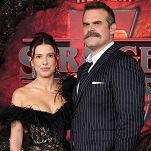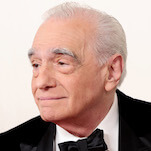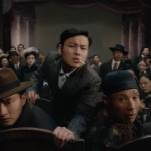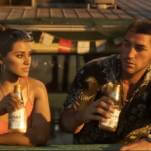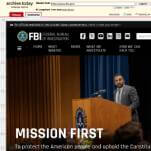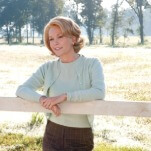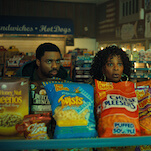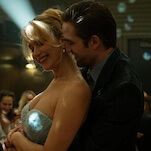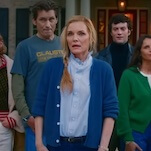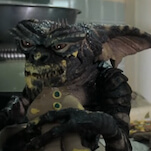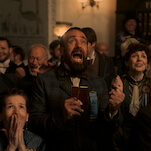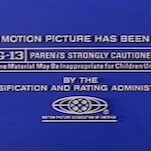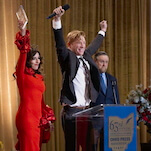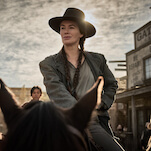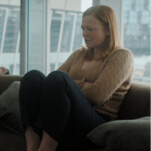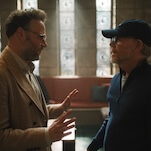Baseball: The Tenth Inning is Burns’ four-hour sequel to the 18-hour original, covering the strike and the steroid scandal, but also the rise of international stars, and the great teams and players that dominated the ’90s and ’00s. It’s presented in typical Burns style: archival footage and photographs, stitched together with narration and eloquent, scholarly interview subjects. Something’s a little off with The Tenth Inning, though, especially in comparison to its predecessor. Where the first Baseball had a multitude of voices recounting a century of history in segments of varying lengths and tone, The Tenth Inning’s chapters are all prolonged, and rely on a smaller pool of commentators and a lot of narration. The results come off more like Burns and his co-director Lynn Novick dictating the meaning of the story rather than letting it unfold naturally. Baseball’s mythologizing tone also feels strange when used to describe the likes of Ichiro Suzuki and Pedro Martinez rather than Ted Williams and Sandy Koufax. All four are among the all-time greats, but the new players—and the new era—are just too fresh to be encased in Burns’ special PBS-approved Lucite.
And yet, like baseball itself, Ken Burns’ Baseball is remarkably resilient. The Tenth Inning deserves to be knocked for breezing past stat-hounds’ importance to the sport in the ’00s, and for obsessing over the Yankees and Red Sox to the exclusion of some terrific teams. (Sorry, Florida Marlins fans; here, your boys rate a brief mention as the team that beat the Yankees after Aaron Boone crushed the Red Sox.) But the film deserves credit for the way it finds a thread through two decades of memories and anecdotes, linking the Albert Belle bat-corking incident to “The José Canseco Milkshake”; the wave of new bandbox ballparks to the media’s ignorance of rampant drug use as a factor in inflated home-run stats; the thrilling Sammy Sosa/Mark McGwire chase to the transformation of an envious Barry Bonds into a homer-or-bust player; and the pain of 9/11 and the economic crash to the end of the Yankee Era. Baseball fans will find it hard to watch The Tenth Inning without getting angry and inspired in equal measure, or feeling a pang of recognition when they hear writer Mike Barnicle worry that he’s trained his sons to love the game so much that now they suffer as much as he does when a season turns sour.
Key features: A 20-minute interview with Burns and Novick, and hours of deleted-scene interviews with their cast of talking heads.


